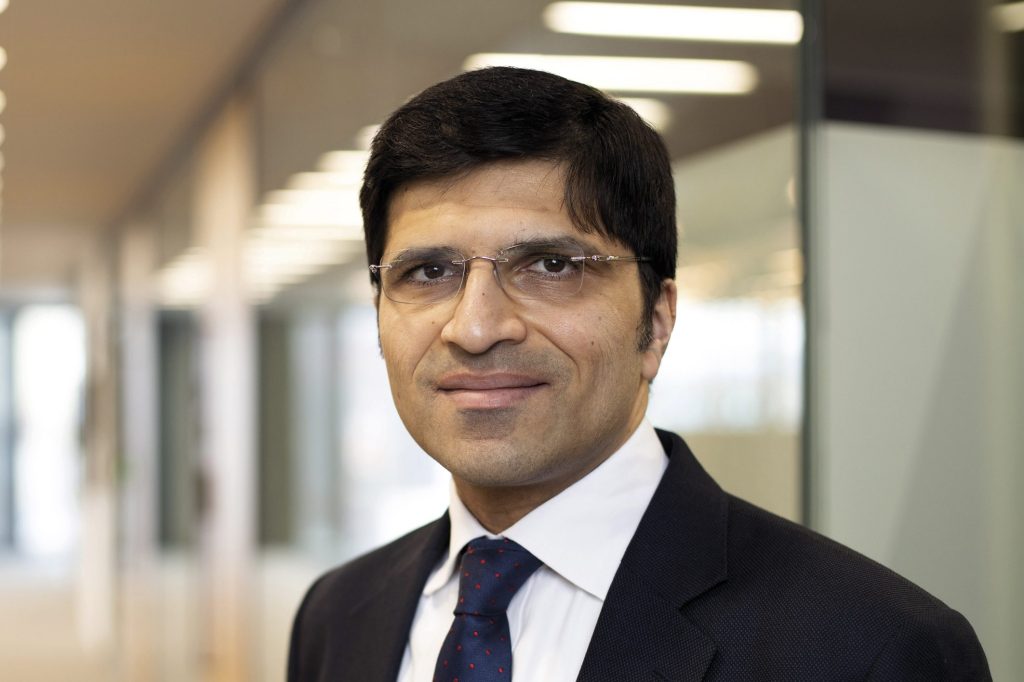FCA Chief Executive Nikhil Rathi delivered a wide ranging speech, but one that focused squarely on the future of the financial services landscape in the UK and the ability of all consumers to access and navigate this.
According to Rathi, the Consumer Duty has been brought in to address declining public confidence in financial services. But along with the Senior Managers’ and Certification Regime, it is also intended to prepare the UK financial markets for future product innovation.

He specifically sees this regulatory framework as helping the FCA ensure “a level playing field” in connection with the entry of “Big Tech firms into the UK retail financial service”. The regulator appears to be preparing for a future in which Apple, Amazon, Google, Meta and Microsoft might play a more direct role in the UK’s consumer finances.
Developments in AI
In a key part of the speech Rathi addressed developments in artificial intelligence (AI), explicitly stating that “agency must not be attributed to AI systems or algorithms” because this “risks removing accountability away from firms.” AI, as well as the data and algorithms that underpin developments in this area of technology, appear to be increasingly in the cross-hairs of regulators, including Dame Melanie Dawes, chief executive of Ofcom.
The concern for the FCA is the potential lack of accountability in instances where key decisions that impact consumers, such as the ability to obtain credit, are delegated to algorithms. In Rathi’s view, responsibility for these technologies ultimately “stops with the human leaders at the top of firms.” The inherent tension between innovation and regulation in this area was demonstrated very clearly in a recent ruling by a Dutch court in favour of challenger bank Bunq utilising predictive algorithms in its effort to comply with anti-money laundering rules.
In his conclusion Rathi highlighted a continuing desire to attach innovators to the UK’s financial ecosystem. That still includes, it seems, making “the UK a global crypto hub”, albeit one with “high standards of protection”. He also mentioned the imminent launch of a pilot project that is intended to help firms experiment with new multi-jurisdictional technology focused on ESG.













